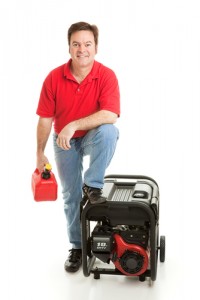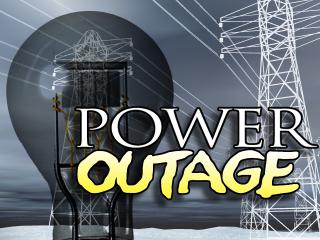 Portable generators are also used at home and the workplace to power essential equipment during power outages. Improper installation and use can endanger occupants of the building, utility workers and others.
Portable generators are also used at home and the workplace to power essential equipment during power outages. Improper installation and use can endanger occupants of the building, utility workers and others.
When using a portable generator, follow these precautions:
- Choose the correct generator for the job. Do not exceed the load rating recommended by the manufacturer.
- Carefully follow all manufacturer’s advice, including instructions about grounding.
- Connect the appliance you want to use directly to the generator.
- Do not connect the generator directly to the building wiring system. This can cause electricity to backfeed into the utility electrical system, endangering utility workers and other users.
- Run the generator only in a well-ventilated area to prevent the buildup of carbon monoxide from burning fuel. This odorless, invisible gas can kill if it accumulates indoors. Place the generator outside in a dry location away from air intakes.
- Use caution when handling and storing fuel. Turn off the generator for refueling because gasoline vapors can catch fire and explode if ignited by a spark.
- Use the correct size of extension cords and keep them free of damage and moisture. You must use three-prong cords for safe grounding. Do not allow cords to become tripping hazards and don’t run them under rugs where they can overheat and start a fire.

